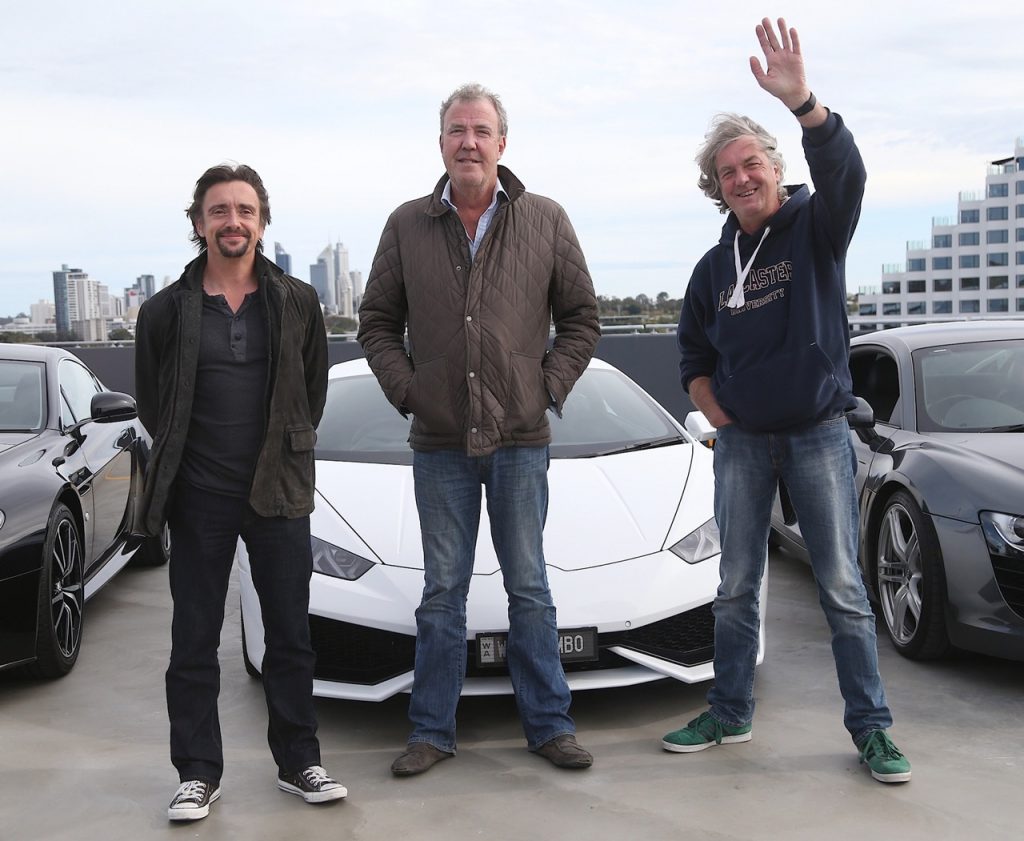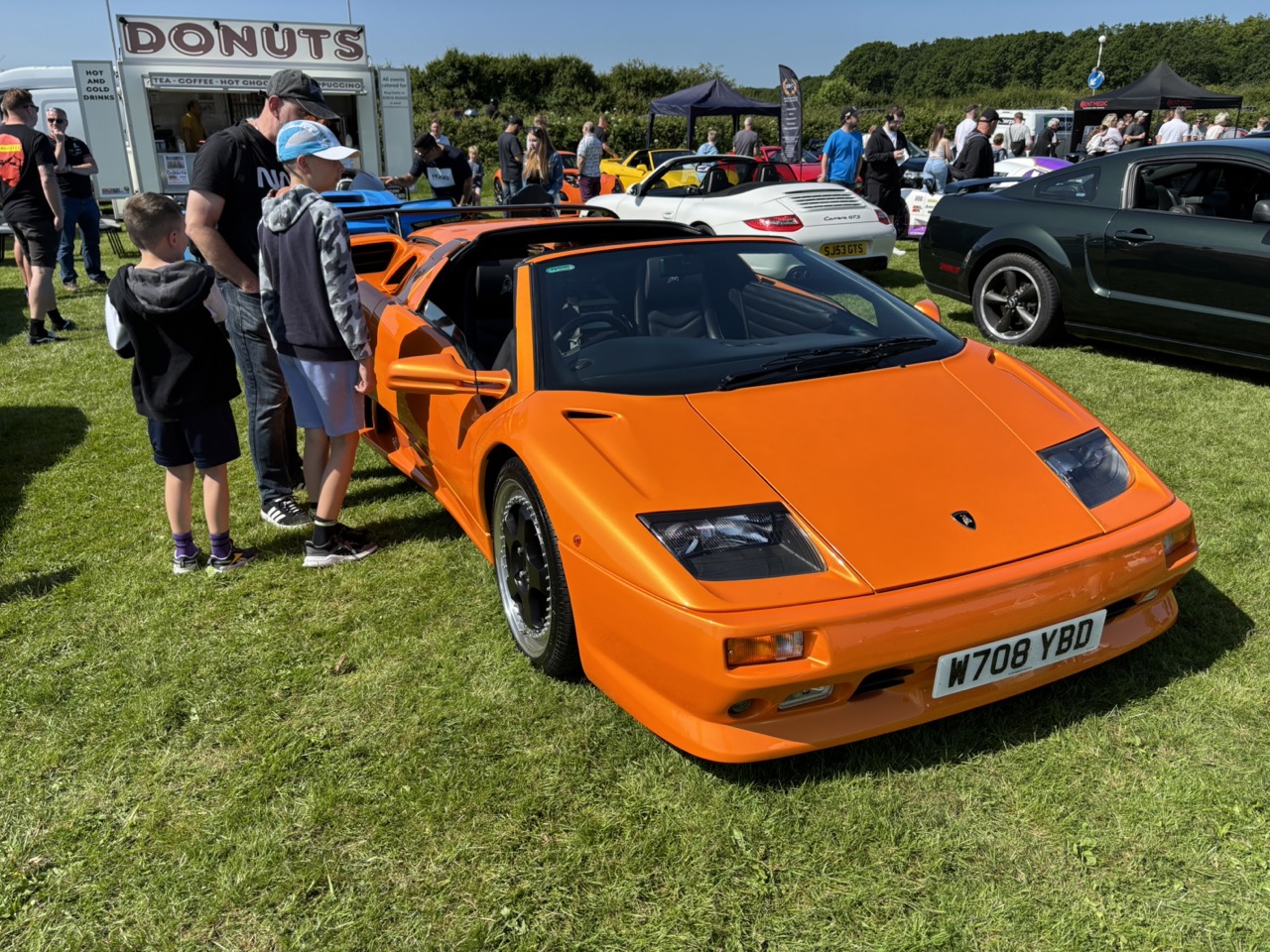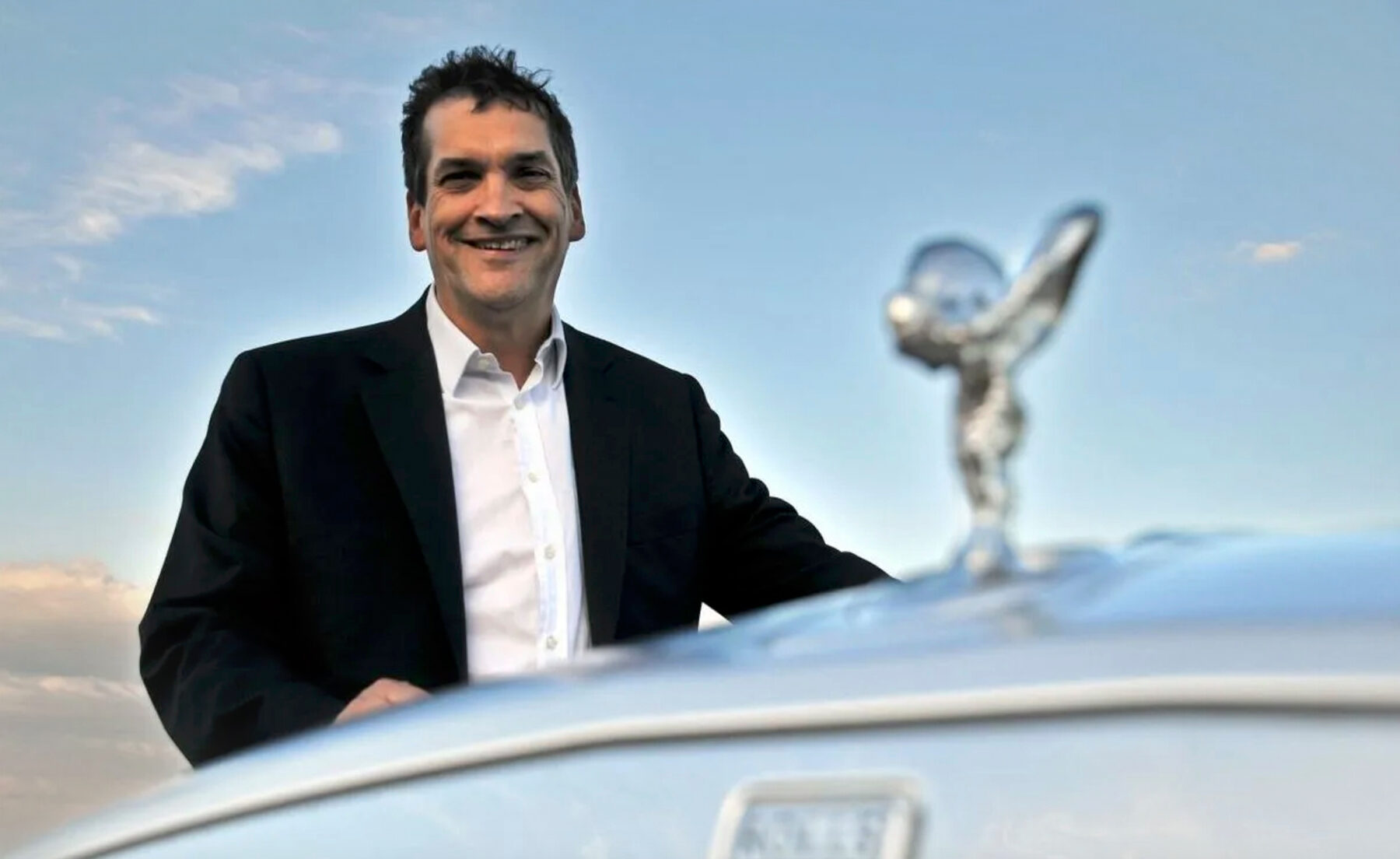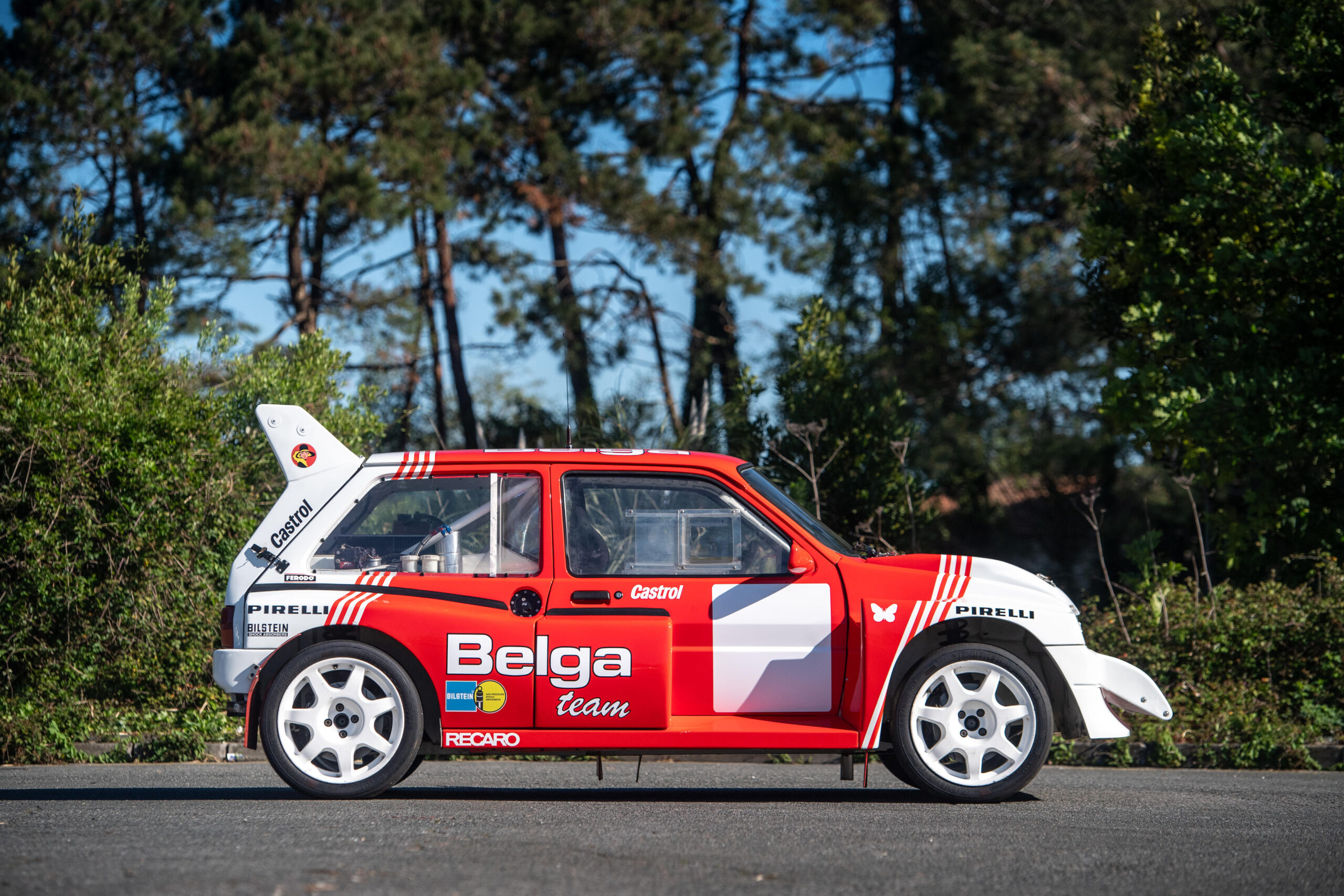You have to feel sorry for all the folks behind the scenes at Top Gear. After doing what they’ve been told to do by executives, they find themselves out of work.
The BBC has finally admitted what the crew and presenters have known since last December: The show is over, taken off the road and left in a lockup like a worn-out classic car desperately in need of care and attention. With so many of the team being self-employed, finding work to pay the bills and provide for families has been challenging.

Andrew ‘Freddie’ Flintoff, the former England cricket captain-turned-television presenter, sustained serious physical injuries and psychological trauma after the Morgan Super 3 he was driving rolled over. What few people know is that the accident happened at about 20 miles per hour, and there was no filming or playing up for the cameras at the time of the accident, which occurred at Top Gear’s Dunsfold test track, in Surrey. The BBC says it has completed an investigation into the accident but won’t make those findings public. Many will ask why not.
The commercial arm of the BBC, BBC Studios, has agreed to pay compensation to Flintoff, and rightly so. Over the years, Top Gear has become addicted to danger for the sake of entertainment. Flintoff was only doing what he’d been asked to do. And his lawyers rightly argued that his loss of earnings from all work, not just for Top Gear, over the ensuing two years should be compensated for.
Behind all of this lies a fundamental problem. The bosses at the BBC have no interest in the subject matter but know full well that the show is a cash cow. In 2013, Guinness World Records declared Top Gear the most widely watched factual TV programme… (do the voice) in the world. It counted no less than 214 territories and an estimated audience of 350 million people – enough to generate £50 million a year for the organisation.
That was only made possible because, by and large, in 2002 two old friends reinvigorated the format – stunts and challenges, a studio base, audience interaction, and the likes of Tom Cruise and Cameron Diaz thrashing a Kia Cee’d around the track – and worked their behinds off.
Speak to anyone who has worked directly with Clarkson and Andy Wilman (his school friend, best man, former magazine writer and executive producer of Top Gear) and their work ethic is the stuff of legend. The pair were in control, invested and prepared to go into battle to do things the way they believed they should be done – like taking 33 sixteen-hour days to edit a film of the Bugatti Veyron racing a plane across France.
The show was bigger, bolder, and more beautifully produced than anything committed petrolheads and casual viewers had ever seen on their television sets. And it brought a community together: According to Clarkson, there were 190,000 people on the waiting list for tickets to go behind the scenes and see the show being mixed at Dunsfold – with space for just 500 a week.
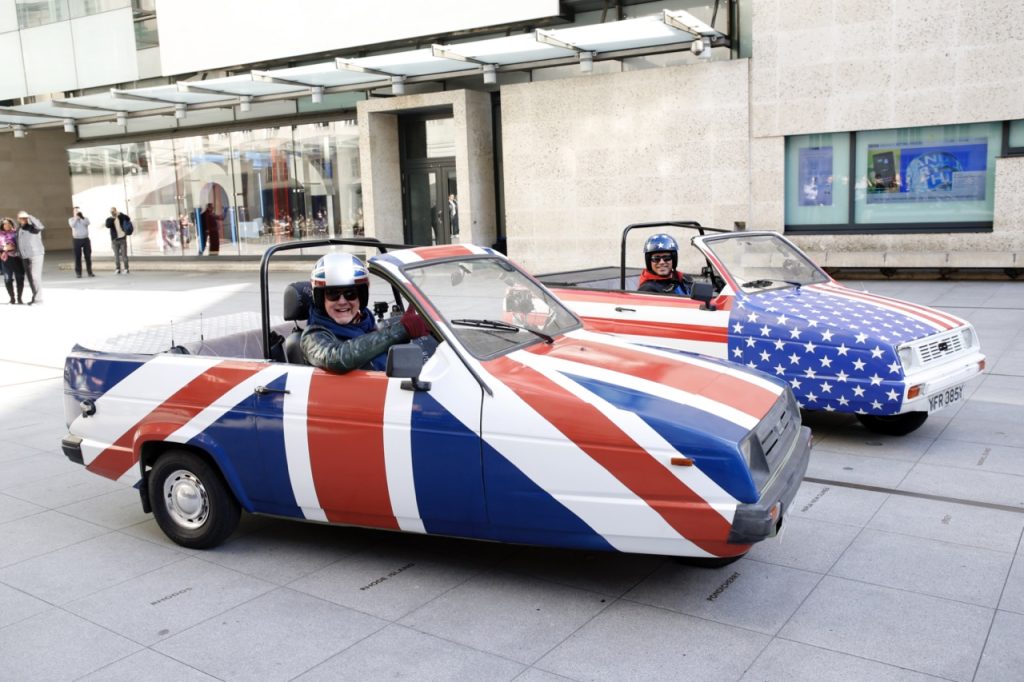
But in the post-Clarkson age, with those guiding figures gone, the BBC executives got involved. And if there’s one thing executives are good at, it’s meddling with something they don’t understand. Cue a box-ticking exercise with ‘talent’ – Chris Evans and Matt Le Blanc – accompanied by a random mix of presenters that included a little-known German racing driver, a former F1 team manager, and car journalists. This assortment of ‘people who liked cars’ missed the magic ingredient: chemistry. More importantly, nobody was truly invested and steering the direction of the show with the level of blood, sweat, and tears shown by those before them.
Further meddling ensued, and eventually things settled down with Freddie Flintoff, Paddy McGuinness and Chris Harris taking up the baton, but it veered even further toward set-ups and stunts. It felt contrived, the scripts weren’t a patch on the Clarkson era, and the ratings struggled.
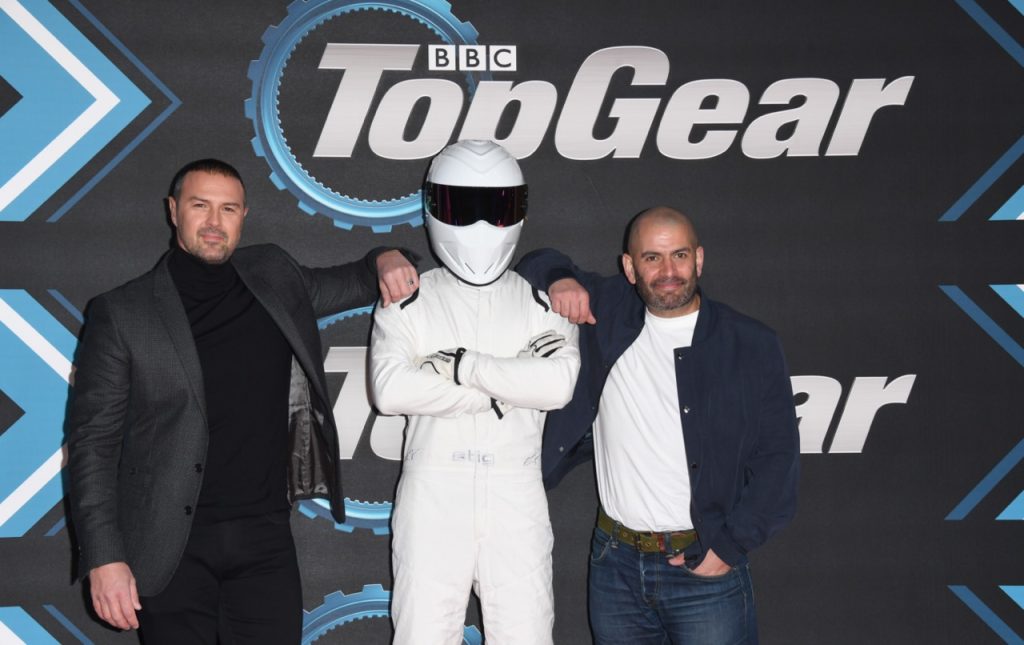
Bosses switched the show to BBC1. It was reported to be about trying to help recover lost ratings and reach a younger audience, but those who have worked on the show will tell you it was as much about having it recast as an entertainment programme, rather than the factual programme it had been – a move that brings with it more budget for, you guessed it, more stunts.
Ask around and even long-standing fans will admit to certain degree of fatigue with the show. It’s not a new phenomenon. It was there at the end of Clarkson’s reign, doubtless because after the best part of 13 years, Clarkson, Hammond, and May had done the lot – japes, scrapes and near-death experiences.
So it’s not before time that Top Gear is taken off the road and parked up. The challenge for the Beeb is how to tackle the topic of driving, given the seismic change it’s undergoing. Never have drivers more needed a steady hand at the wheel as they try to make sense of a fast changing landscape, rising costs, practical questions around suitability, and environmental concerns.
James May feels the BBC owes it to licence-fee payers to address this transformation. Speaking on the BBC’s Today podcast, he said, “Since we left, Top Gear has followed a similar format and framework to the way we left it.
“There must be another way of doing a show about cars that will perhaps embrace more fulsomely many of the questions that are being asked about cars that weren’t being asked for a long time.”
Somehow, the BBC has to resist trivialising all of that by turning it into races and chases, stunts and shunts, in the name of entertainment.
